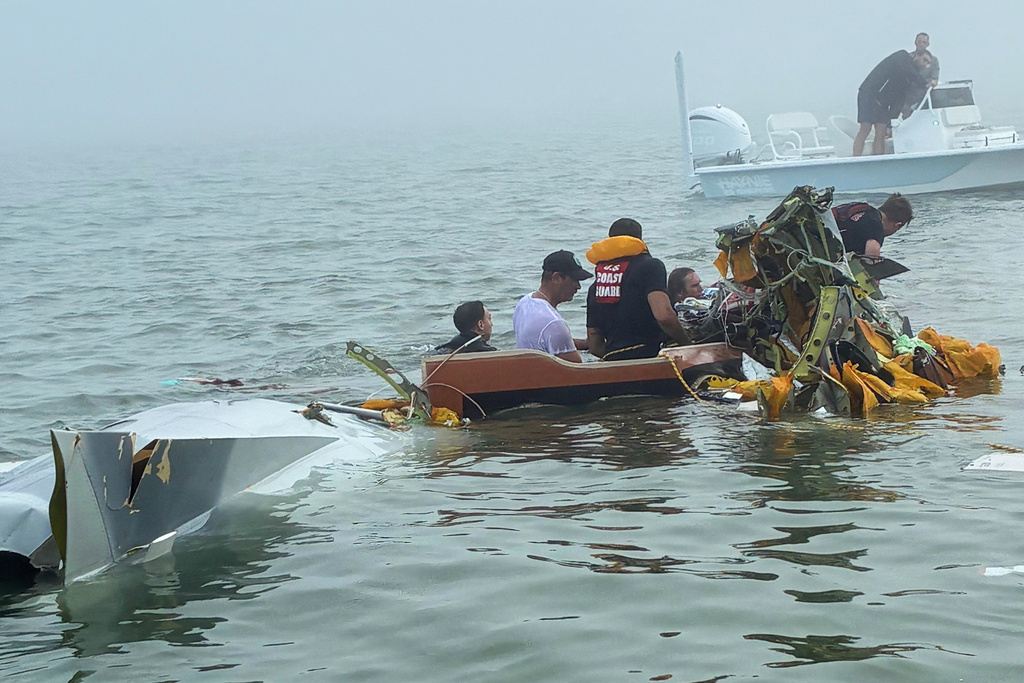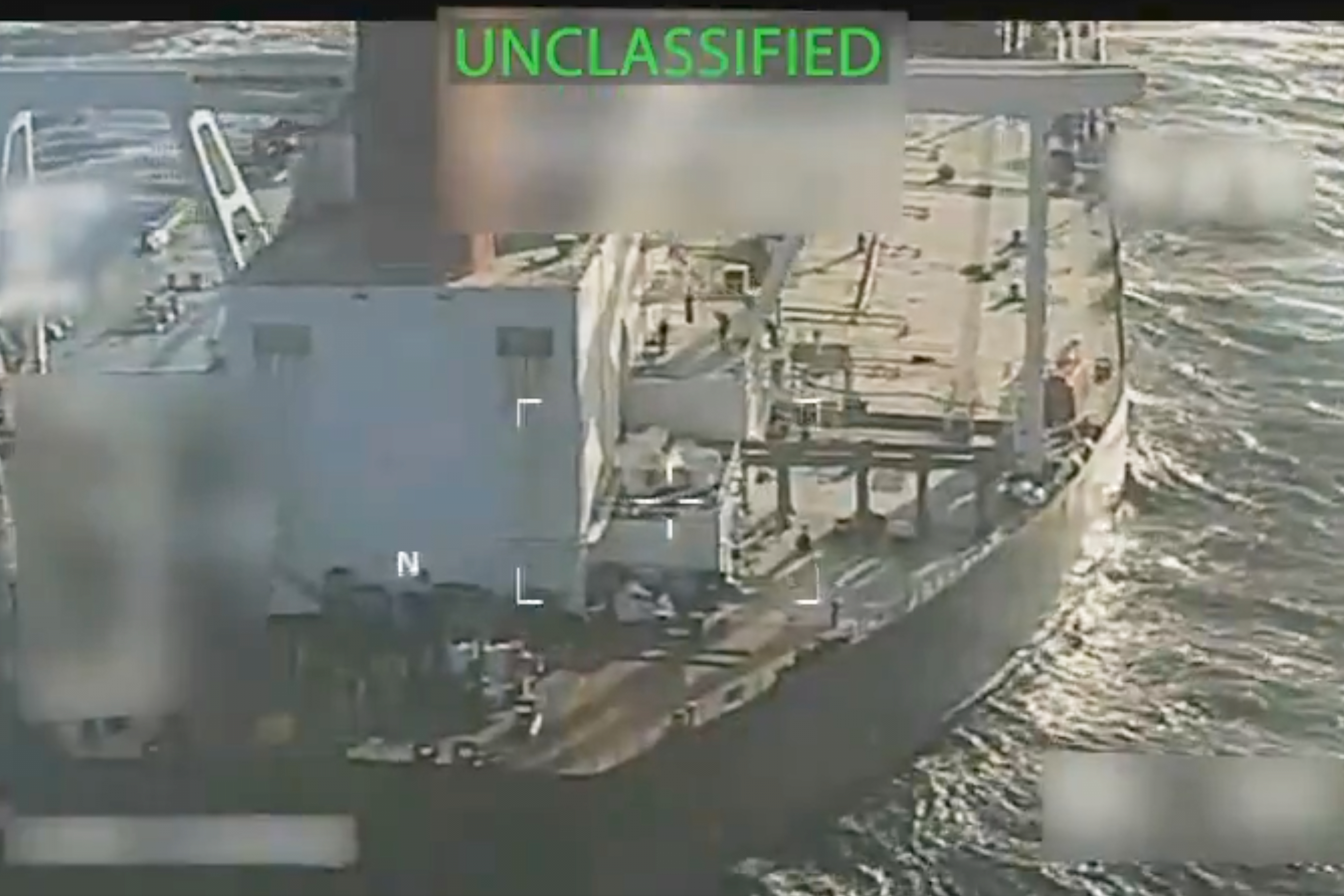U.S. Secretary of State John Kerry met with Russian Foreign Minister Sergey Lavrov in London Friday ahead of the referendum Sunday — when residents of Ukraine will vote on whether Crimea will join Russia. (U.S. Department of State)
CNN reports the pair met several times last week as Kerry wanted to discuss "how to move forward together to resolve some of the differences between us," but they have not reached a diplomatic agreement.
KERRY: "The foreign minister has made it clear that President Putin is not prepared to make any decision regarding Ukraine until after the referendum on Sunday." (Via NBC)
According to BBC, Lavrov says although the two diplomats have "no common vision," the meeting has been "constructive" and Russia will "respect the will of the people of Crimea."
The Washington Post reports Lavrov also says Russia has no plans to invade Ukraine but that Moscow is "concerned about the lack of law and order" in eastern Ukraine.
Russian troops moved into Crimea after the overthrow of Ukraine's pro-Russian President Viktor Yanukovych. Both Europe and the U.S. have threatened Russia with sanctions if military intervention continued in the region.
But Russia has not backed down. Ukraine's interim government, the U.S. and Europe have all criticized the upcoming vote as illegitimate and unconstitutional and have argued it could put the country on the brink of a civil war. (Via CNN)
"There is no justification, no legality to this referendum that is taking place. It violates international law. It violates the U.N. charter. It violates the constitution of Ukraine." (Via Fox News)
According to The Wall Street Journal, the U.K. is hoping the results of the vote will not immediately be recognized. If no progress comes from today's talks, the U.K. plans to implement travel bans and asset freezes on Russian officials.
Kerry made it clear Friday the U.S. and the international community will not recognize the results of Sunday's vote.
And according to The New York Times, a U.S. State Department official also warns of consequences, saying: "If this referendum goes forward, there will be costs. ... If there is further military escalation ... if there is not serious diplomacy, there will be more costs."










